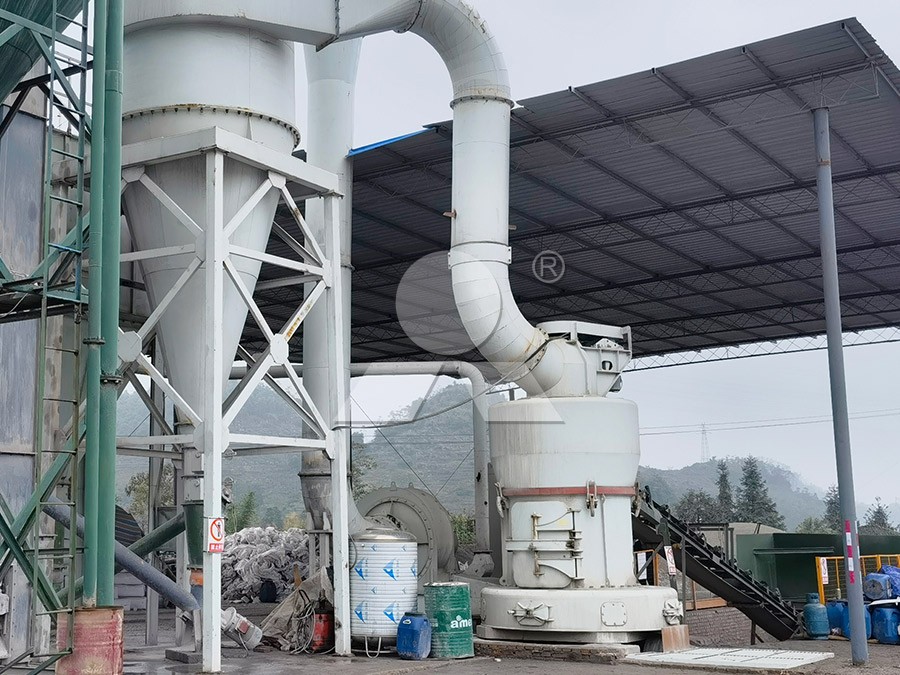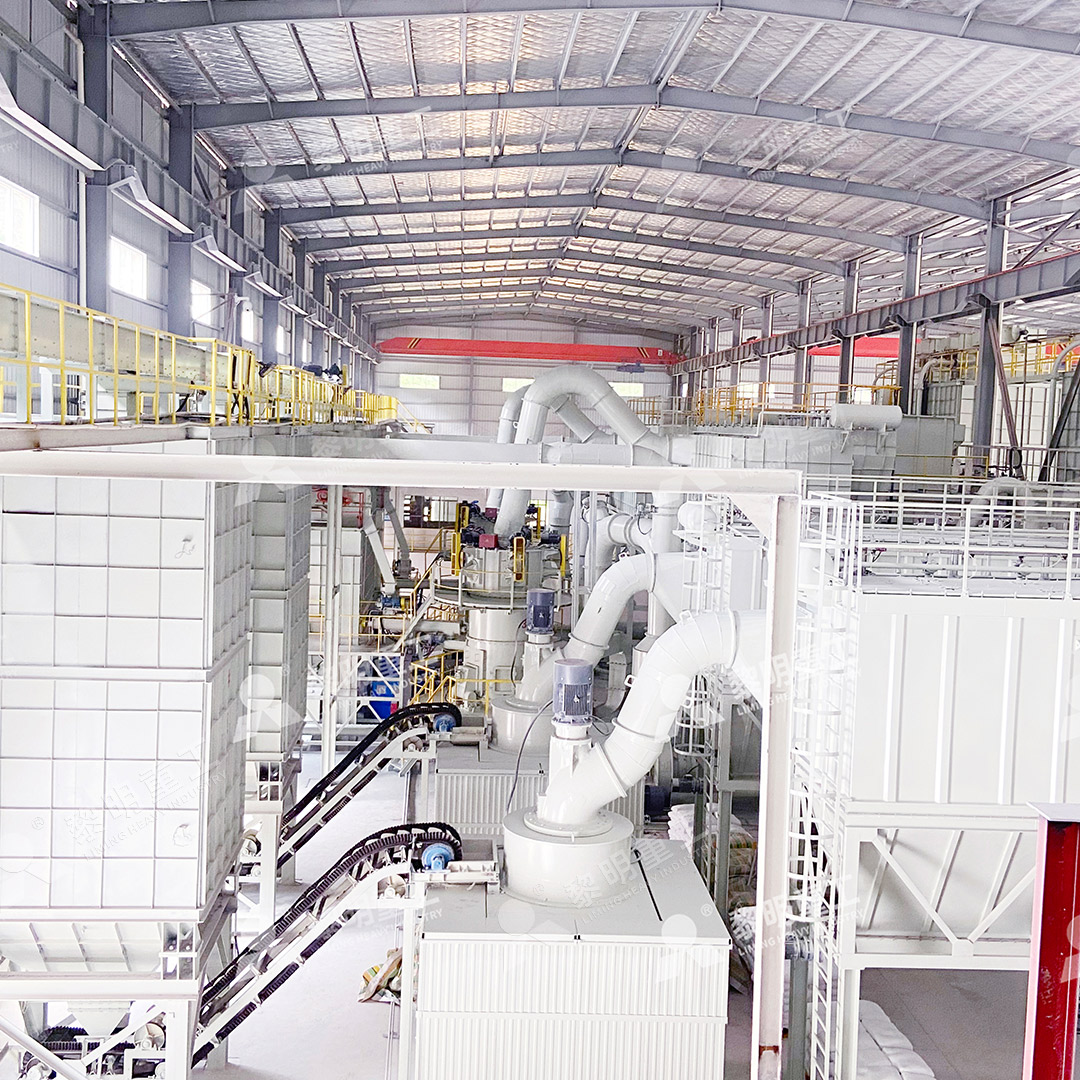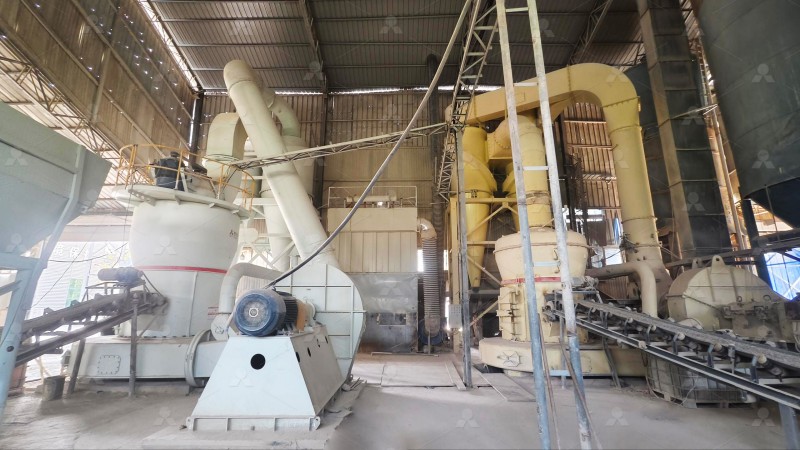Complete Guide to Setting Up a Gypsum Crushing and Grinding Production Line
We provide a wide range of mills — including Raymond mill, trapezoidal mill, vertical mill, ultrafine mill, and ball mill, obtained ISO9001 international quality certification, EU CE certification, and Customs Union CU-TR certification. Suitable for processing minerals such as limestone, phosphate, quicklime, kaolin, talc, barite, bentonite, calcium carbonate, dolomite, coal, gypsum, clay, carbon black, slag, cement raw materials, cement clinker, and more.
The discharge range of these mills can be adjusted to meet specific processing needs, typically from 80-400 mesh, 600-3250 mesh, and can achieve the finest particle size of up to 6000 mesh(D50).
If you are looking for a reliable grinding solution to turn stone or minerals into fine powder, please feel free to contact our online customer service.
Complete Guide to Setting Up a Gypsum Crushing and Grinding Production Line
Establishing an efficient gypsum processing line requires careful planning and selection of appropriate equipment to maximize productivity while minimizing operational costs. This comprehensive guide walks you through the essential components and considerations for building a successful gypsum crushing and grinding production facility.
Understanding Gypsum Processing Requirements
Gypsum processing begins with raw material extraction and progresses through multiple stages of size reduction. The initial crushing phase reduces large gypsum rocks to manageable sizes, typically between 0-50mm, while the subsequent grinding phase transforms these crushed materials into fine powders suitable for various industrial applications.

Primary Crushing: The Foundation of Your Production Line
The first critical stage involves primary crushing using jaw crushers or impact crushers to break down large gypsum rocks. This initial reduction creates material with proper sizing for the grinding phase. Proper primary crushing ensures consistent feed size distribution, which directly impacts the efficiency of downstream grinding equipment.
Grinding Phase: The Heart of Gypsum Processing
For the grinding stage, selecting the right mill is paramount to achieving the desired product fineness and production capacity. Among the various options available, our MW Ultrafine Grinding Mill stands out as an exceptional choice for gypsum processing operations requiring ultra-fine powders.
The MW Ultrafine Grinding Mill processes material with an input size of 0-20 mm and delivers capacities ranging from 0.5 to 25 tph. This machine is specifically engineered for customers who need to produce ultra-fine powder while maintaining environmental compliance. With its efficient pulse dust collector and muffler system, the MW Mill significantly reduces dust and noise emissions, ensuring your production meets stringent environmental standards.

Key Advantages of Modern Grinding Technology
Modern grinding mills like the MW series incorporate advanced features that deliver substantial operational benefits. The newly designed grinding curves of the grinding roller and ring enhance grinding efficiency significantly. Compared to traditional grinding systems, the MW Mill offers 40% higher production capacity with the same fineness and power consumption, while reducing system energy usage to just 30% of jet grinding mills.
Another notable advantage is the adjustable fineness range between 325-2500 meshes, achieved through German cage-type powder selector technology. This flexibility allows operators to precisely control product specifications according to market demands. The absence of rolling bearings and screws in the grinding chamber eliminates concerns about bearing damage or loose screws causing machine failure.
System Integration and Environmental Considerations
A complete gypsum processing line integrates multiple components beyond just crushers and mills. Conveying systems, storage silos, packaging equipment, and dust collection systems must work in harmony. The MW Ultrafine Grinding Mill’s integrated pulse dust collector ensures no dust pollution during operation, while silencers and noise elimination rooms maintain workplace comfort and regulatory compliance.

Operational Efficiency and Maintenance Planning
Successful gypsum processing operations prioritize maintenance planning and spare parts management. Equipment like the MW Mill features external lubrication systems that allow maintenance without shutdowns, enabling continuous 24-hour production. Digitalized processing with numerical control ensures high precision manufacturing of core components, while comprehensive spare parts support guarantees worry-free operation.
Frequently Asked Questions
What is the typical production capacity for a gypsum grinding line?
Production capacity varies based on equipment selection and final product requirements. Our MW Ultrafine Grinding Mill offers capacities from 0.5 to 25 tph, making it suitable for both small and medium-scale operations.
How fine can gypsum powder be ground?
With advanced grinding technology like the MW Mill’s cage-type powder selector, gypsum can be ground to fineness levels between 325-2500 meshes, with screening rates achieving d97≤5μm in a single pass.
What environmental considerations are important for gypsum processing?
Modern grinding equipment incorporates pulse dust collectors, mufflers, and noise elimination features to minimize environmental impact. The MW Mill operates fully according to national environmental protection standards.
How does the MW Mill compare to traditional ball mills for gypsum grinding?
The MW Ultrafine Grinding Mill delivers twice the yield of traditional ball mills while consuming significantly less energy. Its specialized design for ultra-fine powder production makes it more efficient for gypsum applications.
What maintenance requirements should I expect?
The MW Mill’s design eliminates rolling bearings and screws in the grinding chamber, reducing maintenance needs. External lubrication systems enable maintenance without production stoppages, and comprehensive spare parts support ensures operational continuity.
